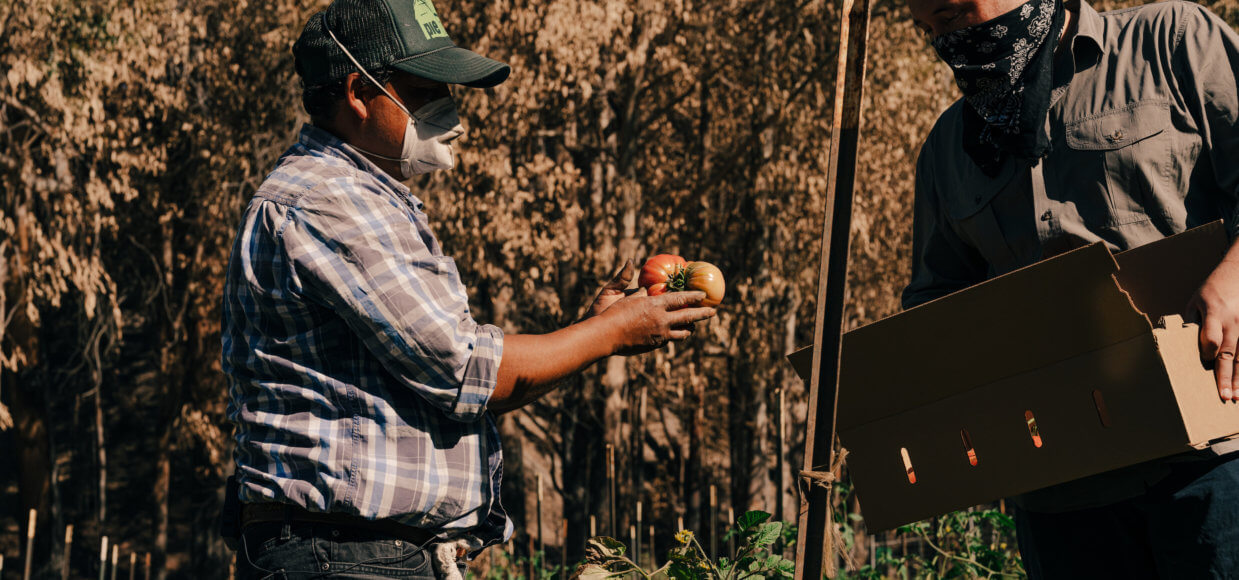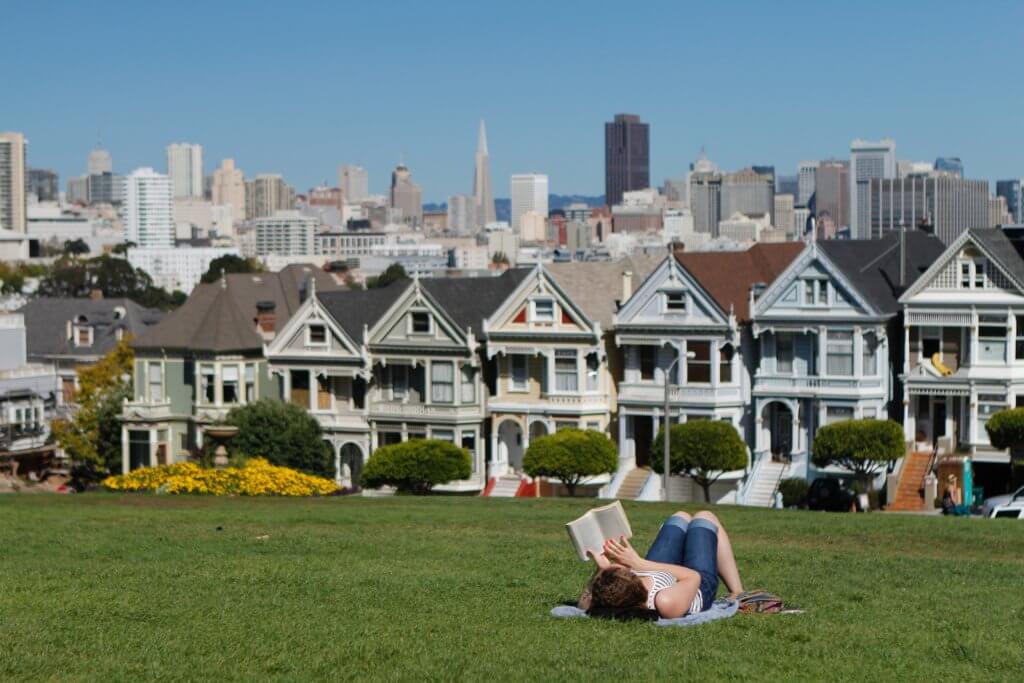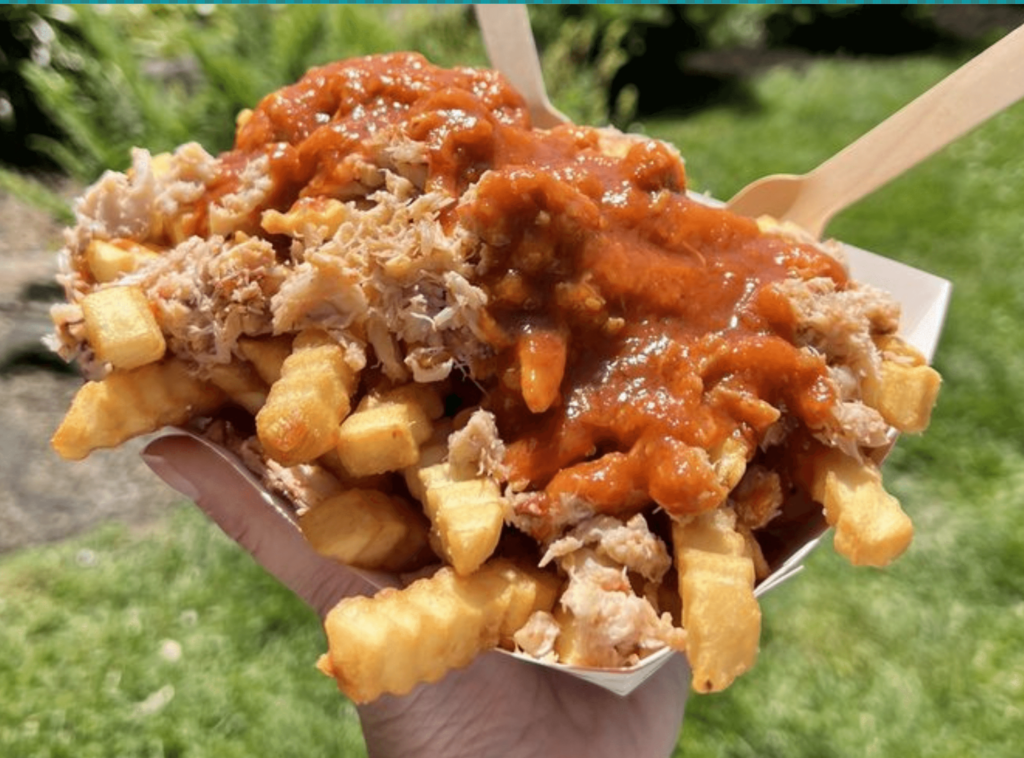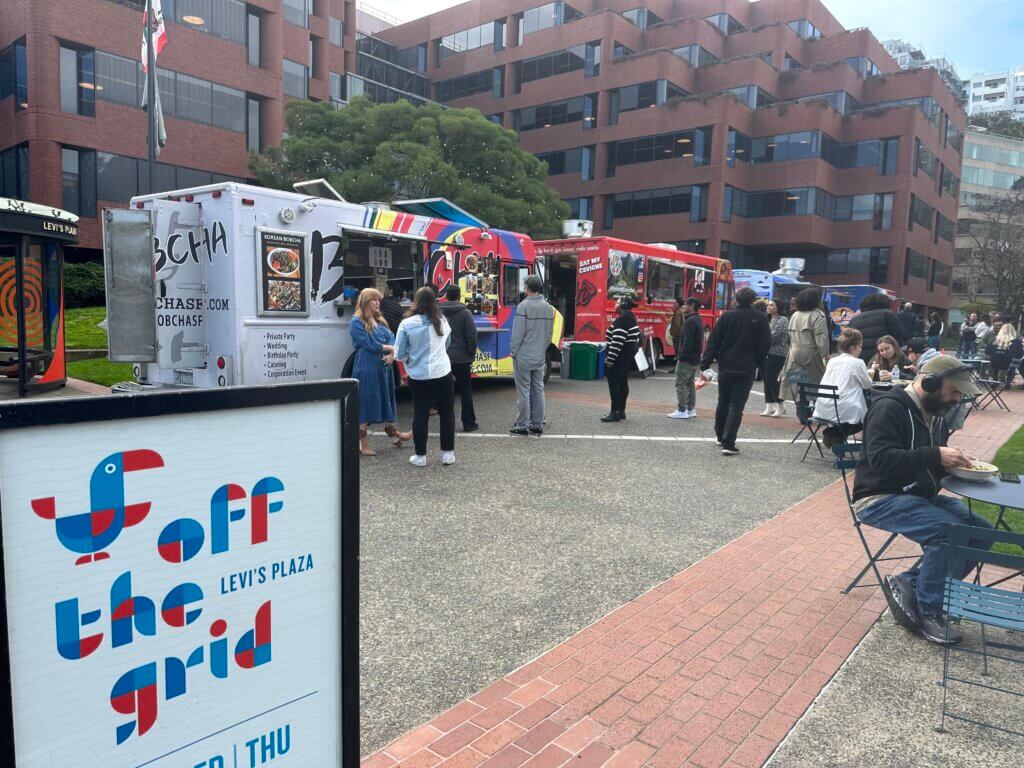
The end of this tumultuous year is on the horizon. However, the many of the events that have made it such a devasting year for the U.S. — the COVID-19 pandemic, racial injustice leading to social unrest, economic instability, a hyperactive hurricane season and a record-breaking 8.5 million acres consumed by wildfires — aren’t over. The dominant narrative around disasters typically focuses on the detrimental outcomes and portrays those affected as victims. As a result, we often overlook one aspect of human-made and natural disasters — disasters often foster solidarity and strengthen communities.
Disaster Myths Debunked
A well-known, respected sociologist named Charles E. Fritz published multiple books and studies from the mid-1950s until the 1990s that explored human responses to disasters. He frequently debunked some of the common misconceptions about how humans behave during catastrophic events.
Fritz wrote in a 1996 paper titled Disasters and Mental Health: Therapeutic Principles Drawn From Disaster Studies that we’ve come to view disastrous events as “inevitably and irrefutably bad” and that they automatically “evoke images of panic, hysteria, looting, anarchy, social disorganization, aggression, scapegoating, neuroses and other similar pictures of human nature and society in the process of disintegration.” According to Fritz, although some of these behaviors occur, they’re far less common than we’re led to believe. This preoccupation causes us to ignore some of the positive consequences for survivors, both as individuals and as community members. Fritz’s research found that communities were surprisingly resilient and not only rebounded quickly — but emerged “with added increments of vitality and productivity.”
Disasters Can Lead to Positivity Within Communities
Fritz isn’t the only renowned author to discuss how disasters often break down barriers that separate people during normal times and inspire individuals and organizations (public, private and nonprofit) to build stronger communities in the aftermath. In her book, A Paradise Built in Hell: The Extraordinary Communities That Arise in Disaster, Rebecca Solnit calls this tendency “disaster collectivism.” Solnit defines disaster collectivism as “the sense of immersion in the moment and solidarity with others caused by the rupture in everyday life, an emotion graver than happiness but deeply positive.”
Solnit and Fritz are just a few of the many who have studied and written about the concept of community as connectedness, caring and sharing — and how disasters often bring out the best within them.
Off the Grid Fosters Solidarity and Collaboration in Northern California
If you’re wondering why our team at Off the Grid is discussing authors who have written about community members pulling together, finding innovative solutions to unforeseen challenges and emerging even stronger — it’s because we’ve witnessed it happening in our Bay Area community. And we’ve not only observed this incredible surge in solidarity and communal support — we’ve found ways to be part of it.
It’s always been one of our missions to support Bay Area small businesses, including BIPOC-owned (Black, Indigenous and People of Color) ones. When we’ve seen disaster unfold in our community, we’ve sought opportunities to help. In 2017, we saw a chance to use our expertise in organizing mobile food experiences to provide relief to Santa Rosa fire-impacted citizens in 2017.
Off the Grid’s COVID-19 Community Relief Feeding Programs
As the pandemic swept across the Bay Area last spring, many who were sick (or tested positive) with COVID-19 could no longer afford food — or leave their homes to shop for food safely. At the same time, our fantastic network of food Creators (our food truck and restaurant partners) suddenly saw their bustling livelihoods and incomes dwindle. Our Off the Grid team realized we were uniquely positioned to get meals to people in need quickly because we already had a mobile food infrastructure in place. We partnered with the San Francisco Department of Emergency Management to provide meals to low-income families and at-risk seniors who were quarantining.
We found heroes in grocery store and hospital employees working long hours and putting themselves at risk. Since grocers play a vital role in our community, we reached out to the broader community and helped fundraise almost $16,000 (with a $5K donation from us) to provide meals to grocery store workers. Our superb Creator network served 1,600 meals across 10 supermarket locations. In a partnership with the San Francisco General Hospital Foundation, we served meals to front-line hospital employees.
As spring turned to summer, our Off the Grid team embarked on another partnership with the city to feed at-risk seniors as part of the Great Plates Delivered Meal Program. The goal was to deliver three restaurant meals per day to seniors in need. Again, relying on our amazing network of food Creators (many of which are Black-owned), we help deliver thousands of free meals daily. The success of this program allowed us to launch the San Jose COVID Food Relief Program, in partnership with the City of San Jose, to feed residents who have been affected by COVID financially or those who are considered high-risk for serious illness due to COVID.
Off the Grid’s Fire Relief Programs
As one of California’s worst fire seasons on record descended on top of a deadly pandemic, we saw new communities that needed help. We turned to the broader community again and created a GoFundMe campaign that raised almost $72,000 to provide meals to first responders, evacuees and fire-affected communities.
Just as the authors we discussed earlier predicted, this new disaster also brought out the best in many individuals and organizations. Our Off the Grid team proudly partnered with the Salvation Army, Fresh Approach and Growing the Table and created the Farmers for Fire Relief program. In addition to activating our mobile food network, we collaborated with local food suppliers who had wholesome fresh food available and nowhere to send it (with so many restaurants closed or reduced capacity). Small suppliers such as Pie Ranch, Brisa de Año Ranch and BIPOC growers joined the effort. Our talented Creators use these suppliers’ fresh food to prepare and deliver healthy, delicious meals to hundreds of evacuated families who are stuck in hotels while they anxiously wait to find out the fate of their homes.
Off the Grid’s Black Lives Matter Support
As our Off the Grid team watched the tense events unfold across the nation after the deaths of so many Black citizens from police violence, We recognized yet another community it could support — our local community of Black employees and Black-owned businesses.
In early June, we made three commitments:
– Provide $500K worth of revenue/economic opportunities to Black-owned businesses in the Bay Area
– Quadruple the number of Black-owned businesses in our food Creator network by the end of 2020
– Create a series of forums and panels for team members to share experiences, provide feedback and foster awareness within our Off the Grid team.
We’re proud to share our progress in achieving or surpassing our initial goals: $894,470 in revenue for Black-owned businesses with our Great Plates Delivered Program — and we’ve welcomed 9 new Black-owned businesses into our Creator network (three-quarters of our goal). We’ve rolled out a Diversity, Equity and Inclusion Committee, an internal Slack communication channel and a Speaker Series to foster communication and collaboration between our Black-owned business partners and our team members. We know these are work-in-progress initiatives, and we look forward to watching our collaboration and support grow within the Bay Area’s Black community.
How You Can Help
Learn more about our feeding program, the San Jose COVID Food Relief Program, and see if you or someone you know is eligible to receive free local groceries delivered to their door weekly.



